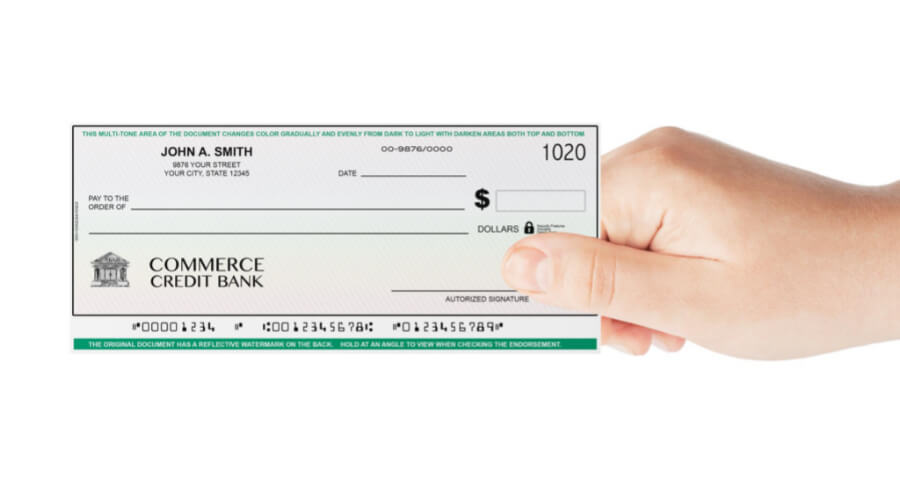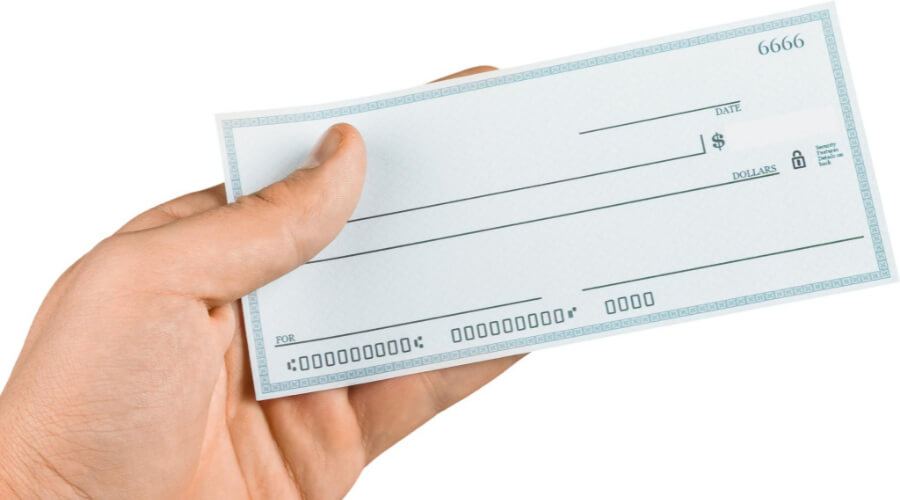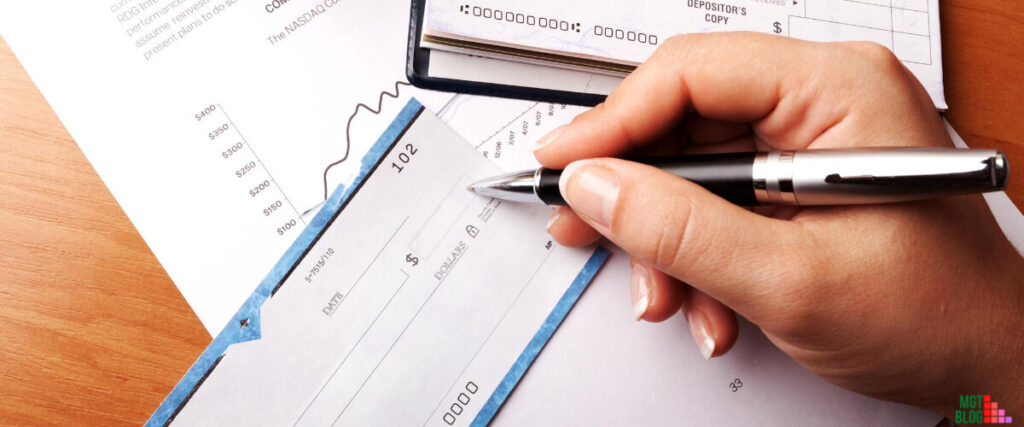Bank checks and personal checks are two common types of checks that bank account holders interact with the most. A bank check is also known as a cashier’s check and it is issued against the bank’s funds and the funds can be withdrawn immediately. On the other hand, a personal check allows the bank account holder to send his/her own money to someone else. You will only be able to get the funds from the personal check once you present the check to the bank and the bank authority clear the check!
What Is A Bank Check?

A bank check has many names and people call it an official check, teller’s check, cashier’s check, bank draft, etc. The funds of a bank check are often treated as cash because the check is issued against the bank’s funds and the funds can be withdrawn immediately. This is why a bank check is guaranteed funds. However, if the bank check is found out to be fraudulent then the funds are not guaranteed. In this type of situation, the bank has a two-week window to revoke the funds from the check. If you want to get the bank check then you have to ask for one inside a bank location. Both the cardholder and the cashier have to sign the bank check while withdrawing the funds.
When To Use A Bank Check?
Bank checks are mostly used for large purchases and situations where it’s not possible to bring cash. One very common example is Real estate. In real estate the transactions are large. Moreover, you wouldn’t hand over such large amounts of money without receiving the deed right away. On the other hand, the seller won’t hand over the deed without receiving a guaranteed form of payment. Therefore, in this type of situation, a cashier’s check is one of the securest forms of payment. Moreover, this type of check is also useful in time-sensitive transactions. In most situations, Bank checks funds are available immediately or the next day. If you need to make a large payment then a cashier’s check would be the quickest and safest method.
What Is A Personal Check?

A personal check is a type of individual slip of paper issued by a bank for the account holder. This type of check usually contains bank routing and account numbers. Personal checks are issued against the account holder’s funds. Funds from a personal check are not guaranteed until presented and cleared by the back at that exact time. A personal check has 8 main parts. These parts include –
1. Contact Information
2. Date
3. Check Number
4. Payee
5. An amount that is Issued
6. Signature line
8. Account Number
You can use the personal check on a daily basis to pay for items such as groceries, clothes, tickets to a show, bills, and more. When you give a personal check, the payee deposits your check into their account. Then your bank will transfer the money to the recipient’s account.
When To Use A Personal Check?
This type of check is used for personal transactions. There are many situations you might need to use a personal check. For example, your landlord might insist you to pay the rent with checks. Moreover, there are many banks available that don’t accept credit or debit cards; they only accept personal checks. Using a personal check is very convenient because you can avoid paying fees while making large payments.
Difference Between Bank Check And Personal Check
| Bank Check | Personal Check |
| Issued against bank’s funds | Issued against the account holder’s funds |
| Funds are guaranteed | Funds are not guaranteed |
| Funds can be withdrawn on the same day | It will take 2/3 days to withdraw the funds |
| You don’t need a bank account to get a bank check | You will need a bank account to have the personal check |
| The check holder and the cashier have to sign the bank check | Check holder and the Payee have to sign the personal check |
| A bank check is less secured | A personal check is more secured compared to a bank check |
| Bank checks don’t contain any account number | Personal checks contain the account number |
| Bank checks don’t have any routing number | Personal checks have a routing number |
FAQs About What Are The Differences Between Bank Checks And Personal Checks?
Is A Bank Check Safer Than A Personal Check?
Both a bank check and a personal check are safe to use. However, bank checks are generally regarded as the safer option and are less susceptible to fraud.
Do Bank Checks Clear Faster Than Personal Checks?
Yes, bank checks clear faster than personal checks. You can clear the bank check the same day the check is issued. But it might take 2/3 business days to clear a personal check. Some banks only take 1 business day to clear a personal check.
Is There A Difference Between A Bank Check And A Cashier’s Check?
Yes, there is a difference between a bank check and a cashier’s check. Bank checks are issued against the bank’s funds while you have to buy a cashier’s check with your own money.
Is A Bank Check As Good As Cash?
A bank check is considered as good as cash because the funds are guaranteed and you can withdraw the funds immediately.
What Are The Different Types Of Checks?
There are 14 different types of checks available. They are –
1. Bank Checks
2. Payroll Checks
3. E-Checks or Electronic Checks
4. Traveler’s Checks
5. Personal Checks
6. Money Orders
8. Cashier Checks
9. Commercial Checks
10. Business Checks
11. Government Checks
12. Tax Refund Checks
13. Insurance Checks
14. Out-of-State Checks
References: 1 https://www.sapling.com/6048319/difference-personal-check-bank-check
References: 2 https://www.centralbank.net/learning-center/the-difference-between-checks-and-money-orders/#:~:text=A%20cashier’s%20check%20is%20very,a%20cashier’s%20check%20for%20yourself.
Last Updated on August 6, 2022 by Ana S. Sutterfield

Magalie D. is a Diploma holder in Public Administration & Management from McGill University of Canada. She shares management tips here in MGTBlog when she has nothing to do and gets some free time after working in a multinational company at Toronto.





